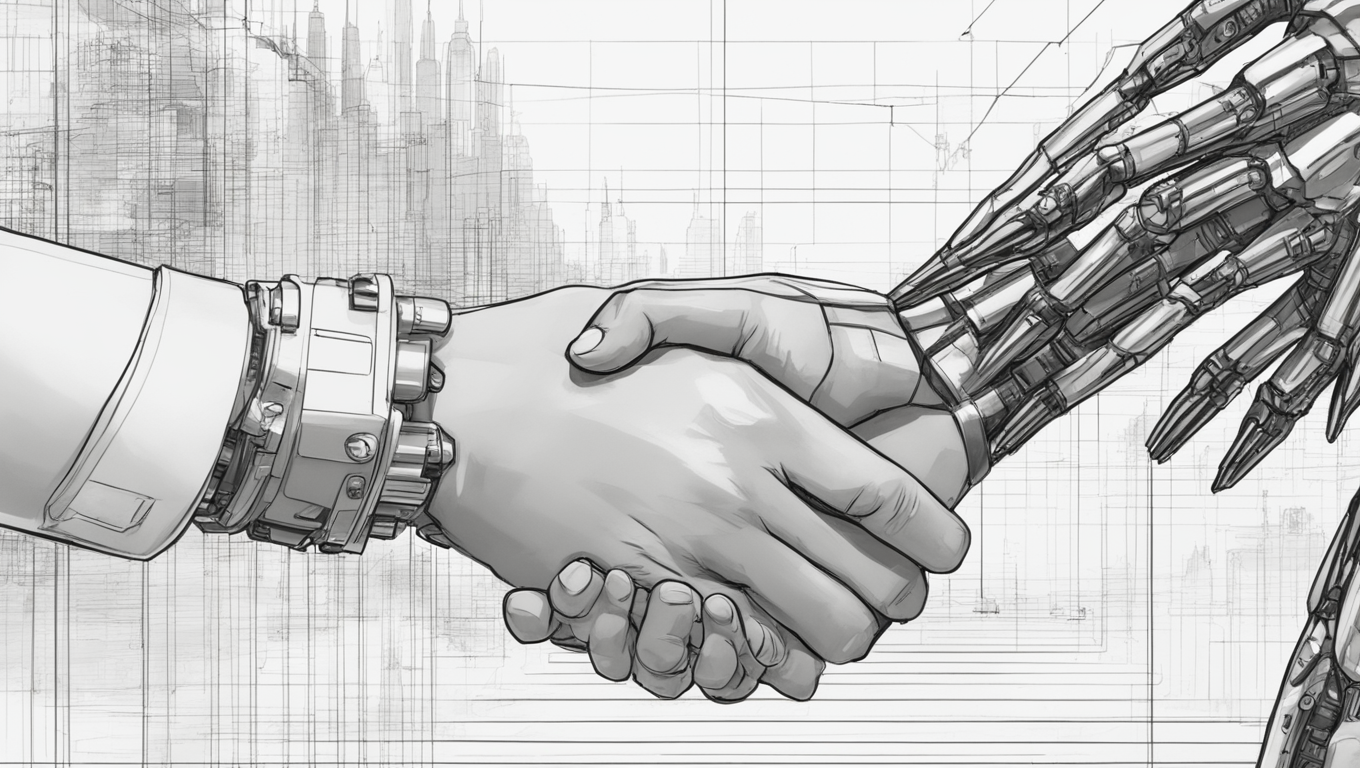In January of this year, a US high school principal, Eric Eiswert, found himself at the center of a firestorm of controversy. A fabricated audio clip surfaced, in which Eiswert could be heard making racist and anti-Semitic remarks. The clip, which was created using artificial intelligence (AI) technology, spread like wildfire on social media, leading to a flood of angry calls and threats directed at the school and its administrators.
This incident highlights the growing dangers of AI manipulation and deepfakes, a term used to describe highly realistic manipulated media, such as videos or audio clips, that are created using AI algorithms. Deepfakes have become increasingly accessible and easy to create, raising concerns about their potential for misuse and the implications for individuals and society as a whole.
Hany Farid, a digital forensics expert at the University of California, Berkeley, explains the ease with which deepfakes can be created: “You need one image to put a person into a video, you need 30 seconds of audio to clone somebody’s voice…There’s almost nothing you can do unless you hide under a rock.” The threat of deepfakes extends far beyond high-profile individuals like politicians and celebrities; now, anyone can be a target. As Farid puts it, “Everybody is now vulnerable.”
In the case of Eric Eiswert, an investigation led to the arrest of a disgruntled staff member at the school, Dazhon Darien, who was charged with manufacturing the deepfake audio clip. The incident caused significant harm to Eiswert, who received threats and was placed on leave from his position as principal. The incident also brought attention to the need for legal frameworks to catch up with rapidly advancing AI technology.
Scott Shellenberger, the Baltimore County state’s attorney, emphasized the urgency of updating the law to address the challenges posed by AI manipulation, stating in a press conference, “The Pikesville incident highlights the need to bring the law up to date with the technology.” This sentiment was echoed by Billy Burke, executive director of the union representing Eiswert, who expressed concern about the damage caused by the incident and the need for action.
The case of Eric Eiswert serves as a wake-up call, not only for the Pikesville community but for society as a whole. It underscores the potential consequences of disinformation and the power that AI manipulation holds. Parker Bratton, the school’s golf coach, reflects on the impact of the incident, stating, “There’s one president. There’s a million principals. People are like: ‘What does this mean for me? What are the potential consequences for me when someone just decides they want to end my career?'”
The dangers of AI manipulation and deepfakes extend beyond individual reputations. They have the potential to undermine trust in institutions, sow discord among communities, and even impact democratic processes. As AI technology continues to advance, it is crucial for lawmakers, educators, and individuals to be proactive in developing strategies to detect and mitigate the risks associated with AI manipulation.
While there is no easy solution to the challenges posed by deepfakes, raising awareness about their existence and potential impact is an important first step. As society grapples with the implications of AI technology, it is crucial to strike a balance between innovation and ensuring the safety and well-being of individuals and communities.
In the words of Hany Farid, the expert in digital forensics, “It impacts everything from entire economies, to democracies, to the high school principal.” The case of Eric Eiswert serves as a stark reminder that the risks of AI manipulation are real and that everyone must be vigilant in the face of this rapidly evolving threat.





Use the share button below if you liked it.